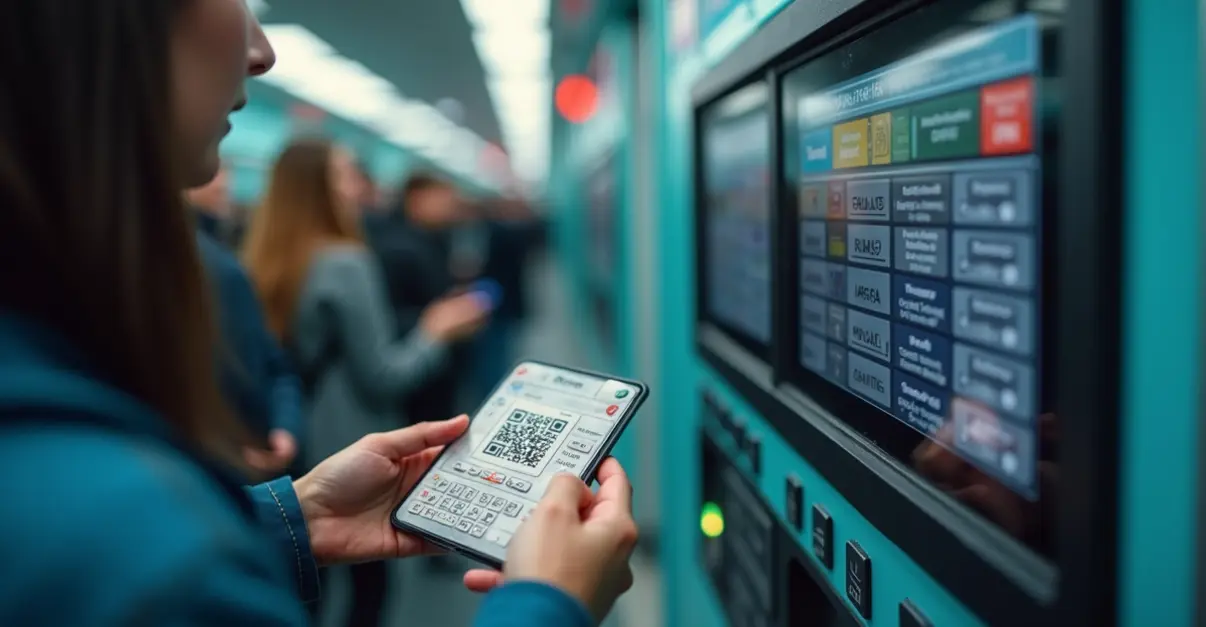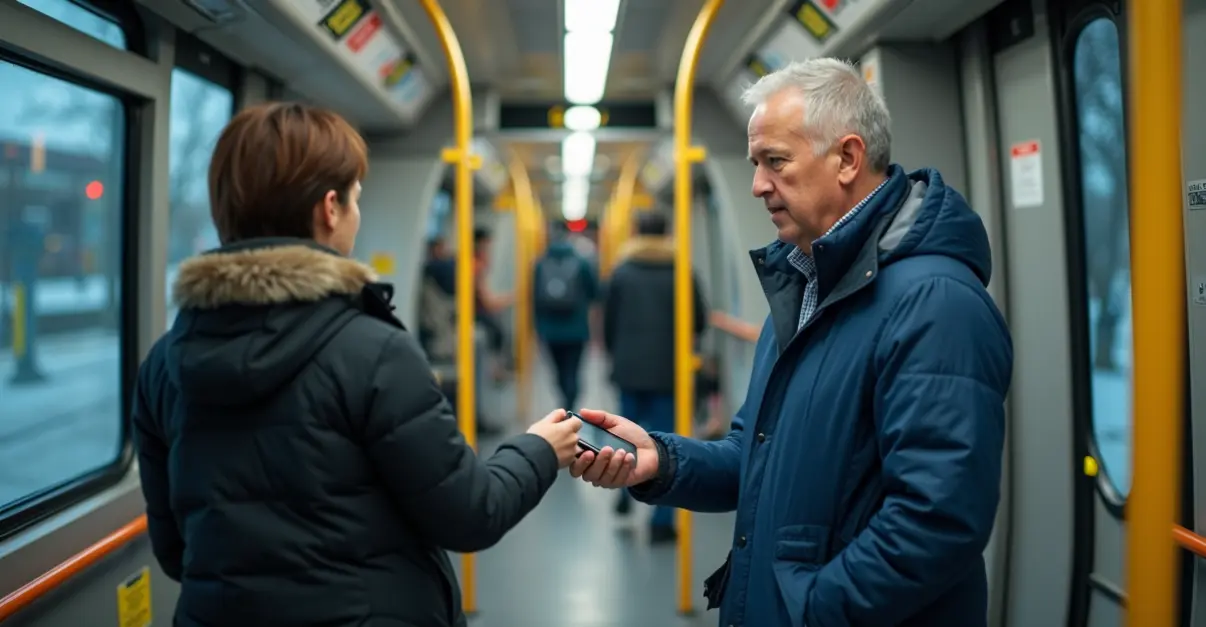Cross-regional rail fare integration pilots launch in 2025, testing unified ticketing systems across transit networks in North America and Europe. These initiatives aim to create seamless travel experiences by eliminating multiple ticket purchases and simplifying transfers between different transit operators.

Unified Ticketing Systems Begin Testing Across Transit Networks
Passengers across multiple regions are now testing groundbreaking unified ticketing systems as cross-regional rail fare integration pilots officially launch in 2025. These ambitious programs represent a significant step toward creating seamless travel experiences across different transit operators and geographical boundaries.
Breaking Down Regional Barriers
The pilot programs, which span North America and Europe, aim to eliminate the frustrating experience of purchasing multiple tickets when traveling across different transit systems. 'For the first time, I can travel from my suburban home to the neighboring city without worrying about different fare systems,' said Sarah Johnson, a commuter participating in the Chicago pilot program. 'It feels like we're finally catching up with the 21st century.'
According to the Regional Transportation Authority's recent proposals, the integration focuses on creating a single unified regional app and rider hub that makes transit payment seamless across all modes. This initiative could potentially cut rider wait times by up to 50% while simplifying the entire travel experience.
European Union Leads Cross-Border Integration
In Europe, the European Commission's high-speed rail action plan includes significant improvements to cross-border ticketing systems. Commissioner for Transport Apostolos Tzitzikostas announced that a new Regulation will be proposed in 2025 to create open booking systems for trans-European journeys and ensure passenger rights protection across multiple operators.
'We're finally addressing the long-standing challenges that have made cross-border rail travel unnecessarily complicated,' said European transport analyst Maria Schmidt. 'The technical and operational barriers between national systems have been a major obstacle to creating truly integrated European rail travel.'
North American Initiatives Gain Momentum
Across the Atlantic, the National Railroad Partnership Program is providing federal funding for capital projects that improve intercity passenger rail service, with $5.07 billion available for the FY2024-2025 funding cycle. This includes support for fare integration initiatives that could transform regional travel patterns.
The recent Transport Ticketing North America 2025 conference in Chicago brought together nearly 400 industry experts to explore innovative fare technologies. Key discussions focused on how new payment technologies enable more integrated and seamless travel experiences, with mobile ticketing and digital wallets facilitating better transfers and multimodal integration.
Technical Implementation Challenges
Implementing these integrated systems presents significant technical challenges. As noted in the Global Transit Ticketing & Fare Collection Report 2025, successful implementation requires extensive coordination among public transport providers and technology suppliers. The report highlights emerging trends in artificial intelligence, biometric ticketing, and smart wearable adoption that could further transform fare collection systems.
'The coordination required between different transit agencies, payment processors, and technology providers is immense,' explained technology consultant David Chen. 'But the benefits for riders - simplified payments, reduced wait times, and seamless transfers - make these efforts worthwhile.'
Looking Toward the Future
As these pilot programs progress throughout 2025, transportation authorities will be closely monitoring rider adoption rates, technical performance, and operational efficiency. The success of these initiatives could pave the way for broader implementation of integrated fare systems across global transit networks.
'This is just the beginning of a fundamental shift in how we think about regional transportation,' said urban planning expert Dr. Evelyn Nakamura. 'By breaking down fare barriers, we're not just making travel easier - we're creating more connected, accessible communities.'
The pilots represent a crucial step toward the vision of truly integrated regional transportation systems where passengers can move seamlessly across different modes and operators using a single payment method. As the technology matures and more regions adopt similar approaches, the dream of frictionless cross-regional travel may soon become reality for millions of commuters worldwide.

 Nederlands
Nederlands
 English
English
 Deutsch
Deutsch
 Français
Français
 Español
Español
 Português
Português









